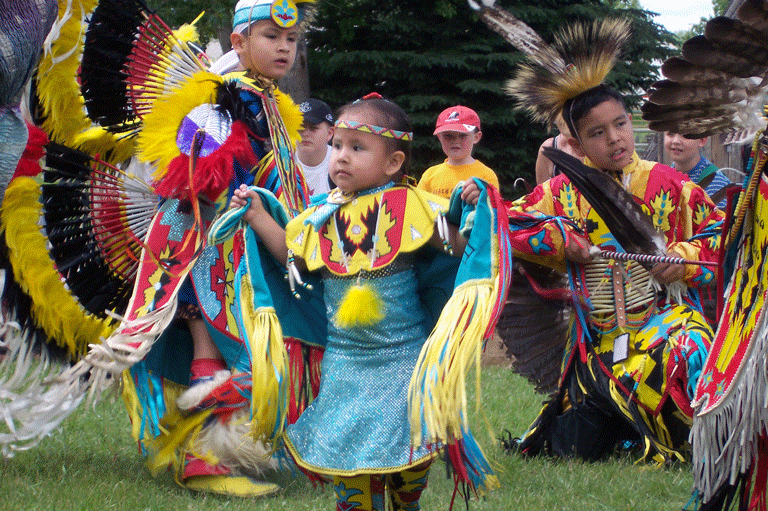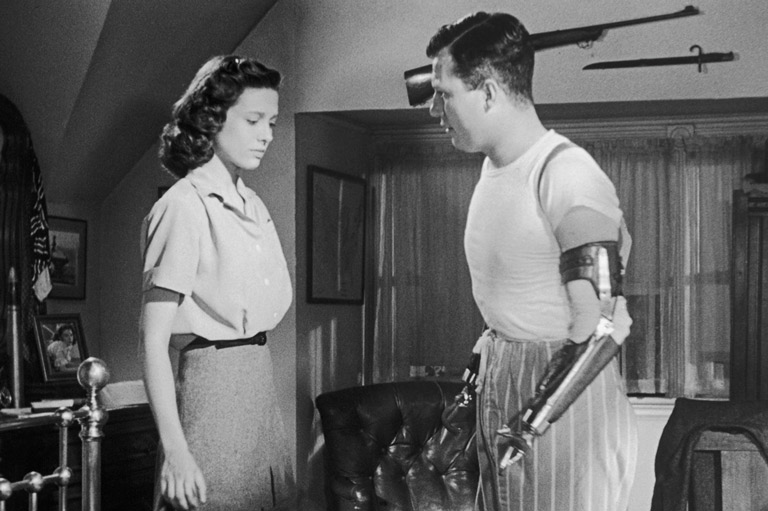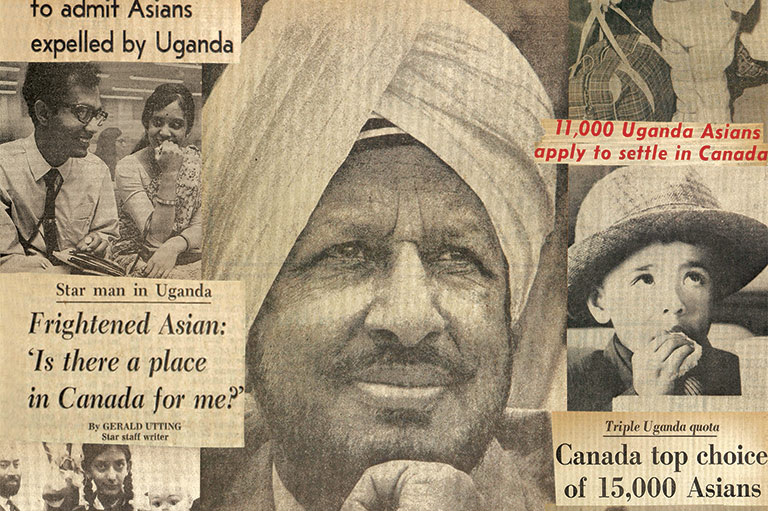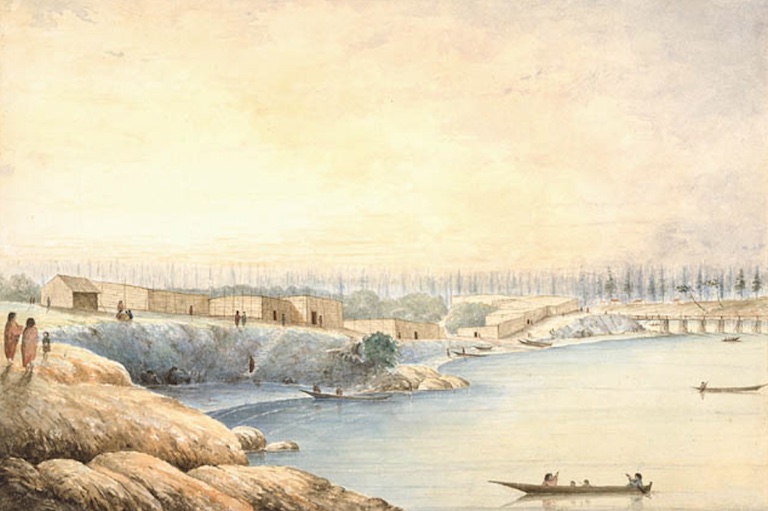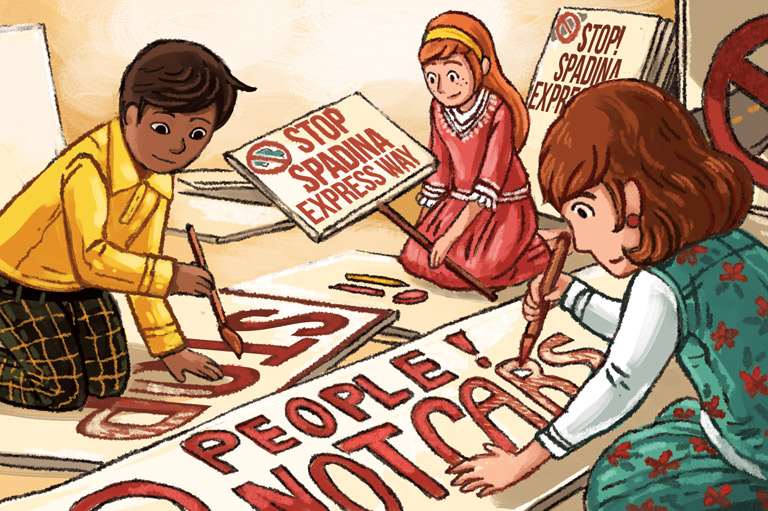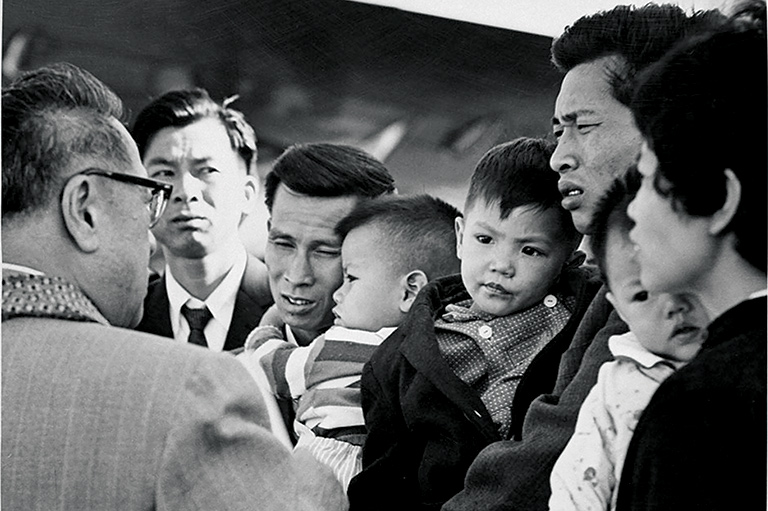New Documentary to Correct Overlooked History
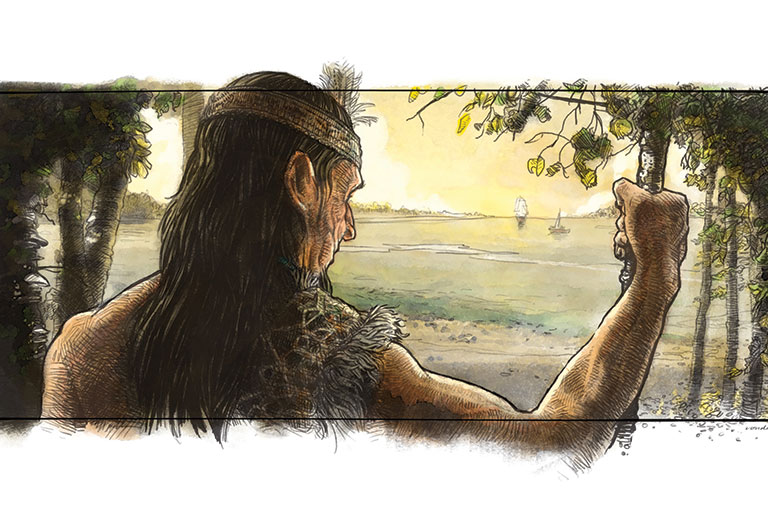
Plans are in motion for an independent feature documentary that will highlight the early beginnings of Annapolis Royal, Nova Scotia, after controversy over a CBC miniseries made national headlines for leaving out key details about that region’s past.
“As I sat there and watched the series unfold, I thought I had missed something,” said Bill MacDonald, mayor of Annapolis Royal.
CBC’s Canada: The Story of Us, which aired in early 2017, covers almost four centuries of Canadian history yet fails to acknowledge Samuel de Champlain’s initial arrival at Port Royal, Nova Scotia, with Pierre Du Gua de Monts in 1605. The series skips over that province’s history and begins with Champlain’s founding of Quebec City in 1608.
Politicians from across the province asked the CBC to apologize for the error and to film a prequel that would include the overlooked history. While the network apologized, it has not yet produced the requested prequel.
As a result, Mayor MacDonald and Ben Proudfoot of Breakwater Studios partnered to make the film Port of Origins.
MacDonald and Proudfoot agreed early in concept development that this film would be more than a rebuttal piece.
With 7 uniquely curated newsletters to choose from, we have something for everyone.
“It was clear this was a wonderful opportunity to tell this incredible part of Canadian history, not as an argument, but as a documentary about a remarkable port,” MacDonald said.
On July 1, 2018, Breakwater Studios presented the town of Annapolis Royal with a proposal outlining the vision for the 66-minute documentary.
The film is intended to portray historical highlights of the place known at different times as Nme’juaqnek, Port Royal, and Annapolis Royal from before European contact to 1760, while also depicting the history of the Mi’kmaq, French, Acadians, English, and Scots in that area.
“The story of Port Royal is one that follows all these different cultures and empires who were interested in this place and this land, peoples who left their marks regardless of success or failure,” Proudfoot said.
The film will feature a round-table setting where historians from different cultural backgrounds will discuss specific moments in Port Royal history.
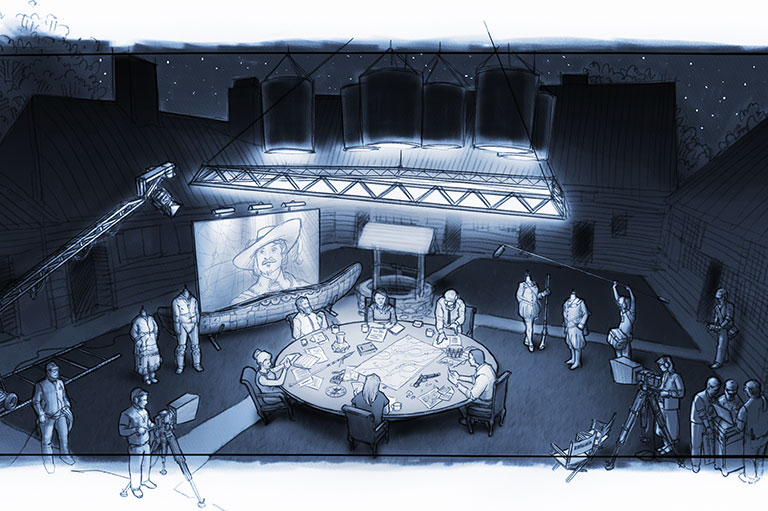
Save as much as 40% off the cover price! 4 issues per year as low as $29.95. Available in print and digital. Tariff-exempt!
Proudfoot said he was inspired by the historians and the Nova Scotians he spoke with daily about the project and wanted to veer away from the traditional documentary format of interviews with experts and historical reenactments.
“I thought to myself, the conversations we are having are as fascinating as anything, and I wish I could just put all of these on the screen,” Proudfoot said.
The historians will navigate chronologically through eight moments chosen by Proudfoot and the project’s historical advisor, Dr. James Morrison.
“The act of picking these moments was one of excruciating compromise,” Proudfoot said. “It was a lot of bartering and trading and making sure we provided a good survey of the history of what happened while also seizing the opportunity to tell some stories that don’t typically get told.”
Morrison said the first three moments were easily cemented, covering topics such as the Mi’kmaq as the first people and their culture, the arrival of the French and their adaptation to the land, and the acculturation between the Mi’kmaq and the French.
Other moments will include Sir William Alexander laying claim to the land in the name of Scotland, the development of Acadian technologies, and the signing of the peace treaty with the British Crown.
“The themes we are trying to emphasize are adaptation and innovation, whether it be the French or Mi’kmaq sides, but also survival in a very difficult climate and the linkage between peoples,” Morrison said.
Each of the eight highlighted moments will be filmed in a relevant geographical location, where the storytellers will be seated at a round table for spontaneous and unscripted discussion, prompted by activities and artifacts that will act as touchstones for the conversations.
The storytellers’ dialogue will be integrated with artistic portrayals of the moments they are discussing, giving the audience visual relevance to the conversation.
The production schedule for the film depends on funding.
“I’m confident the province will support it, that the money will come together, and this film will be made — it is just about when,” MacDonald said.
Proudfoot said that with a budget of more than $700,000, it may take multiple years to put together funding for a project this size, but he feels these stories are worth the wait.
“The point of this [film] is not to make money or do something quickly,” Proudfoot said. “This is a film in and of itself, so if we’re going to do it at all, we’re going to do it right. We aren’t interested in doing the light version or the small version because we know these stories deserve the canvas we have laid out for them.”
We hope you’ll help us continue to share fascinating stories about Canada’s past by making a donation to Canada’s History Society today.
We highlight our nation’s diverse past by telling stories that illuminate the people, places, and events that unite us as Canadians, and by making those stories accessible to everyone through our free online content.
We are a registered charity that depends on contributions from readers like you to share inspiring and informative stories with students and citizens of all ages — award-winning stories written by Canada’s top historians, authors, journalists, and history enthusiasts.
Any amount helps, or better yet, start a monthly donation today. Your support makes all the difference. Thank you!
Themes associated with this article
Advertisement
You might also like...
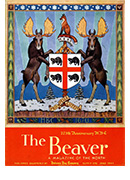
Canada’s History Archive, featuring The Beaver, is now available for your browsing and searching pleasure!


